Academic Publications | Journalism Publications
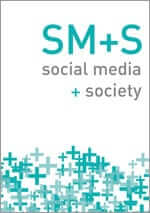
The president is in: Public opinion and the presidential use of Twitter
Social Media + Society, 5(2)

We should not get rid of incivility online
Social Media + Society, 5(2)
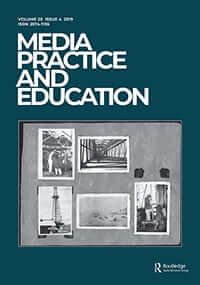
‘A chance for me to do good, make a real difference’: how citizen journalists in India view their role in social transformation
Media Practice and Education, 20(4), 334-349
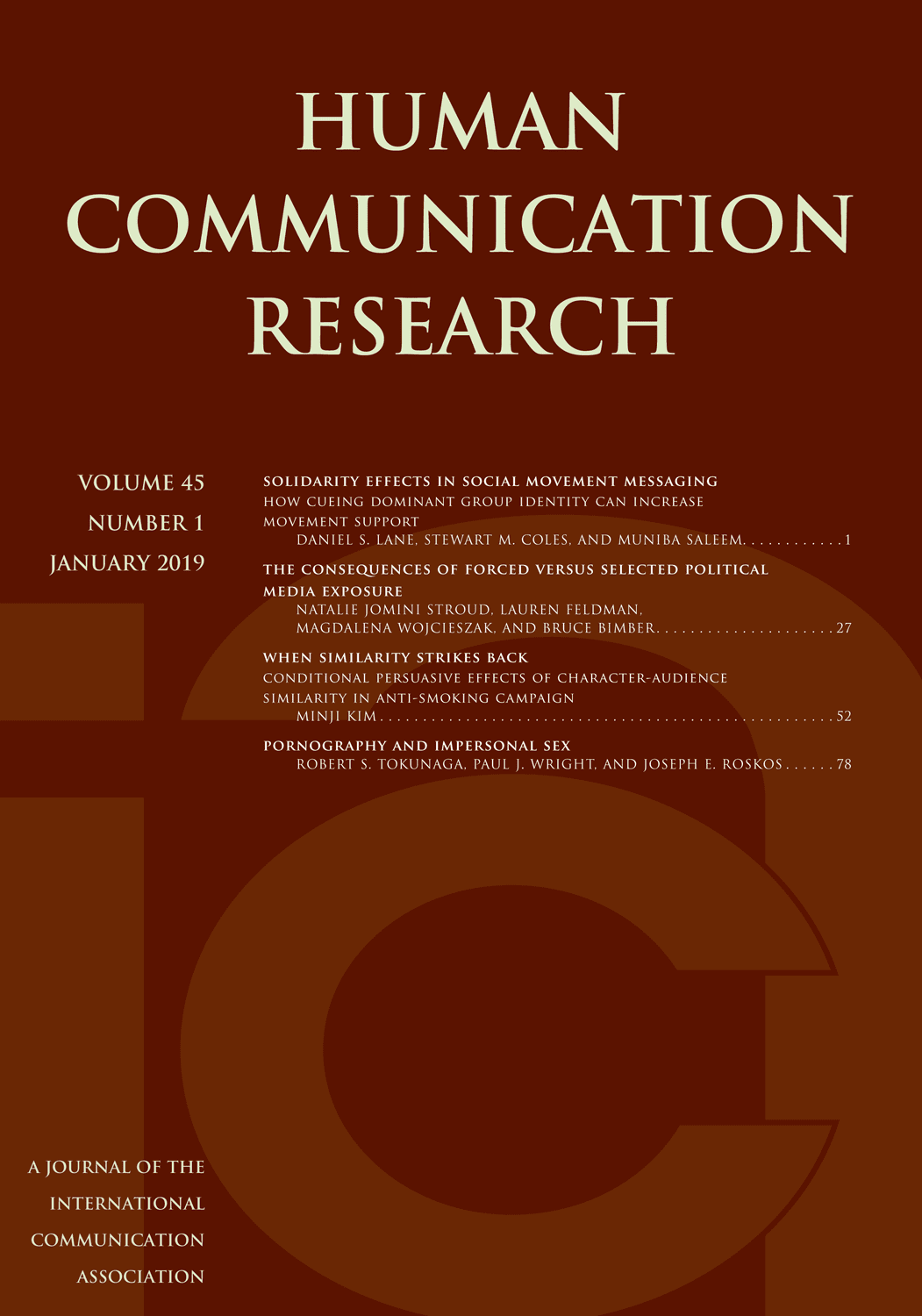
The consequences of forced versus selected political media exposure
Human Communication Research, 45(1), 27–51

Using controlled and field experiments to create and test digital news quizzes
SAGE Research Methods Cases
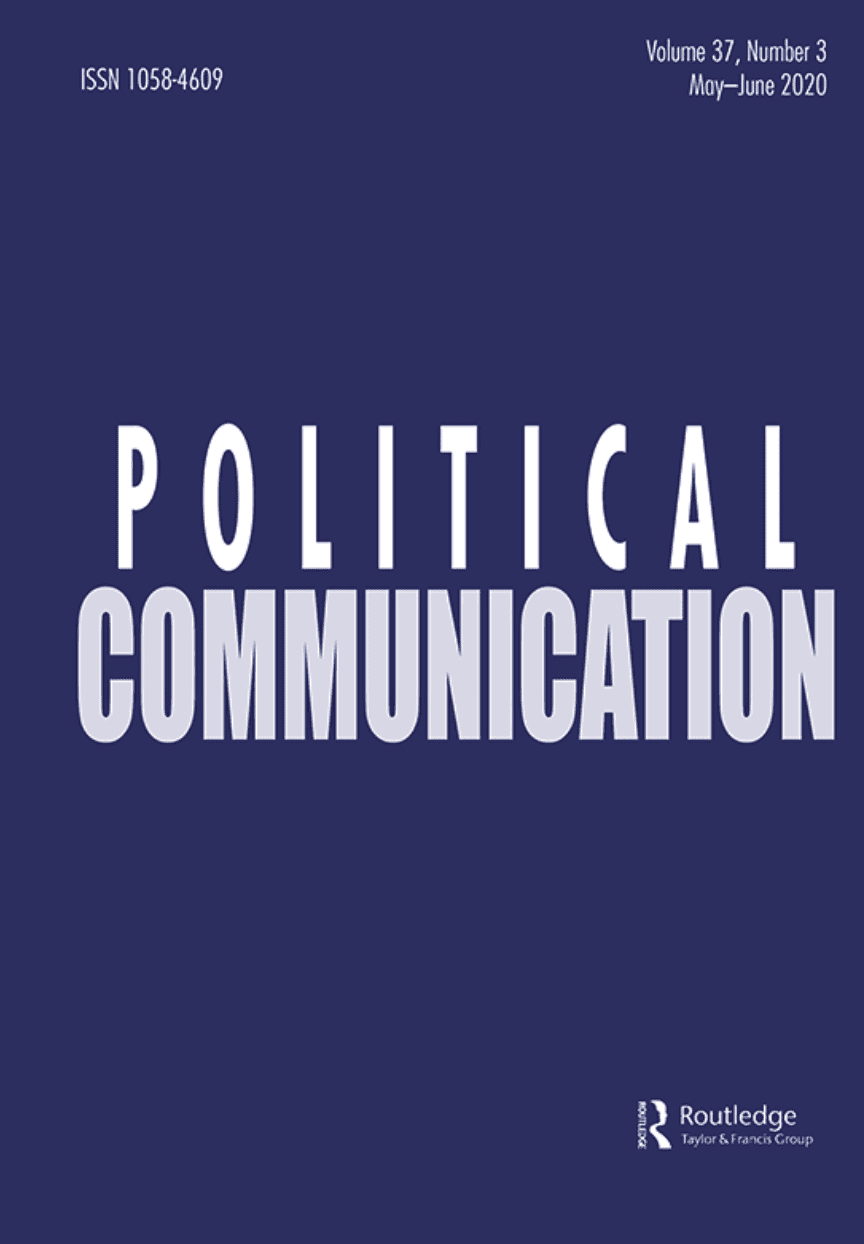
(Re)Claiming our expertise: Parsing large text corpora with manually validated and organic dictionaries
Political Communication, 36(2), 214-226
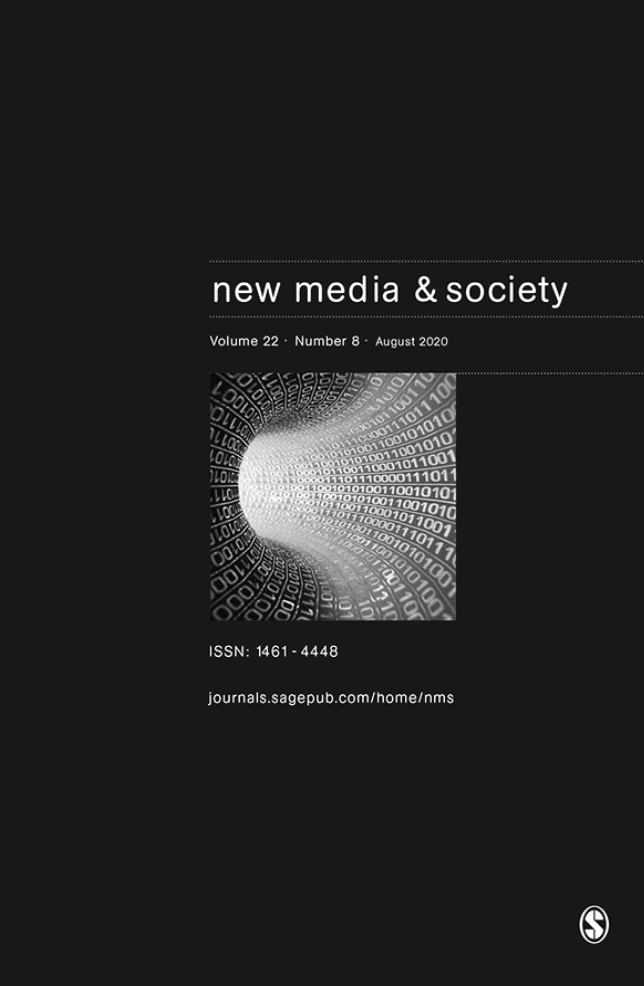
Twitter versus Facebook: Comparing incivility, impoliteness, and deliberative attributes
New Media & Society, 20(9), 3400–3419
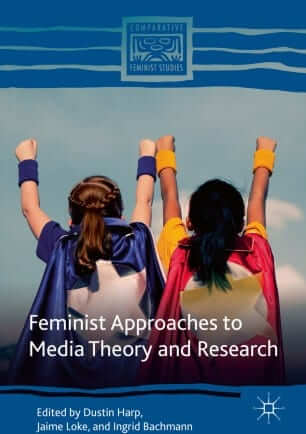
“Hashtag feminism”: Activism or slacktivism?
In: Harp D., Loke J., Bachmann I. (eds) Feminist Approaches to Media Theory and Research
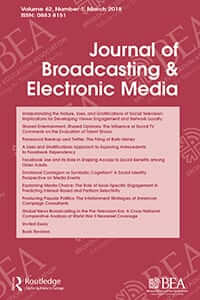
Explaining media choice: The role of issue-specific engagement in predicting interest-based and partisan selectivity
Journal of Broadcasting & Electronic Media, 62(1), 109-130
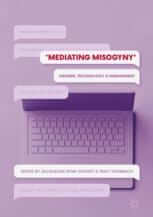
#NastyWomen: Reclaiming the twitterverse from misogyny
In: Vickery J., Everbach T. (eds) Mediating Misogyny

Like, recommend, or respect? Altering political behavior in news comment sections
New Media & Society, 19(11)

News values, cognitive biases, and partisan incivility in comment sections
Journal of Communication, 67(4), 586‐609
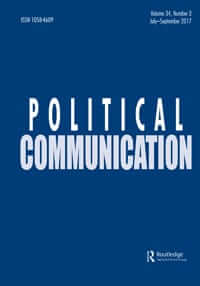
Attention as a valuable resource
Political Communication, 34(3), 479-489

Digital divisions: Organizational gatekeeping practices in the context of online news
#ISOJ, The Official Research Journal of the International Symposium on Online Journalism, 5(1), 106‐123
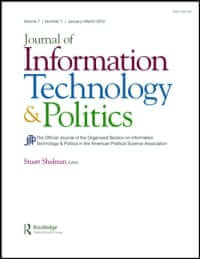
The influence of online quizzes on the acquisition of public affairs knowledge
Journal of Information Technology & Politics, 13(4), 311-325
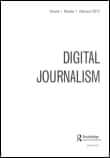
The presence and use of interactive features on news websites
Digital Journalism, 4(3), 339-358
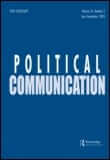
Partisan news and political participation: Exploring mediated relationships
Political Communication, 33(2), 241-260
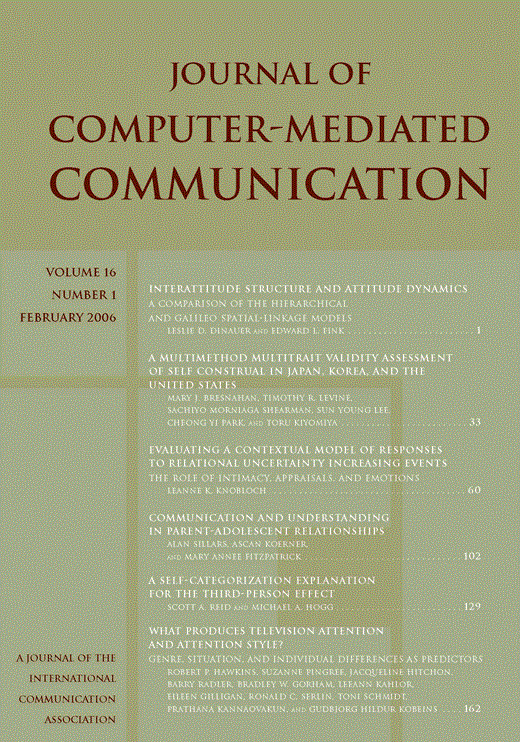
Changing deliberative norms on news organizations’ Facebook sites
Journal of Computer-Mediated Communication, 20 (2), 188–203
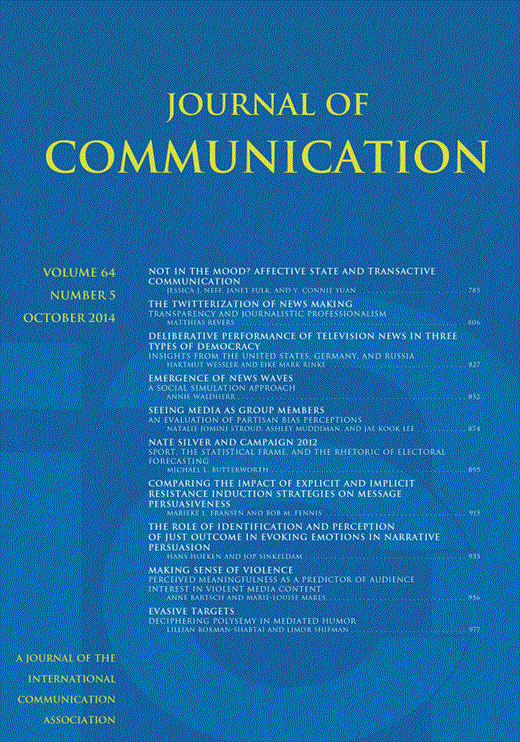
Seeing media as out‐group members: An evaluation of bias perceptions
Journal of Communication, 64(5), 874‐894

Partisan paths to exposure diversity: Differences in pro‐ and counter‐ attitudinal news consumption
Journal of Communication, 64(4), 680‐701
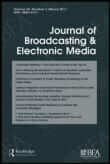
News media fragmentation, attribute agenda setting, and political beliefs about Iraq
Journal of Broadcasting & Electronic Media, 58(2), 215‐233
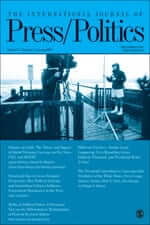
Exposure to ideological news and perceived opinion climate: Testing the media effects component of spiral‐of‐silence in a fragmented media landscape
International Journal of Press/Politics, 19(1), 3‐23
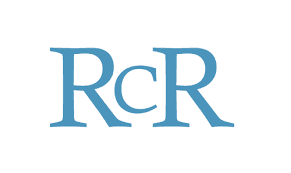
Psychology of agenda‐setting effects: Mapping the paths of information processing
Review of Communication Research, 2(1), 68‐93
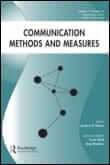
Assessing selective exposure in experiments: The implications of different methodological choices
Communication Methods & Measures, 7(3), 198‐220
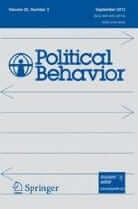
The influence of President Obama’s middle name on Middle Eastern and U.S. perceptions
Political Behavior, 35(3), 621‐641
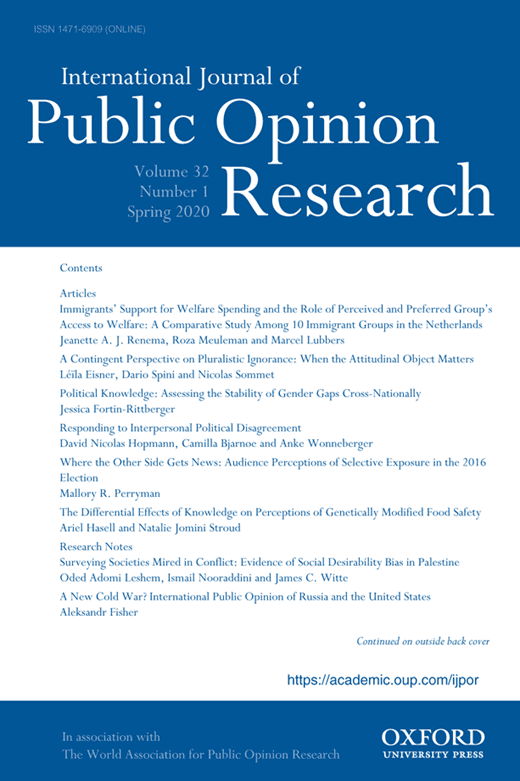
Selective exposure, tolerance, and comedic news
International Journal of Public Opinion Research, 25(3), 271‐290
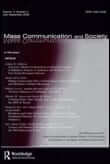
Perceptions of cable news credibility
Mass Communication & Society, 16(1), 67‐88

